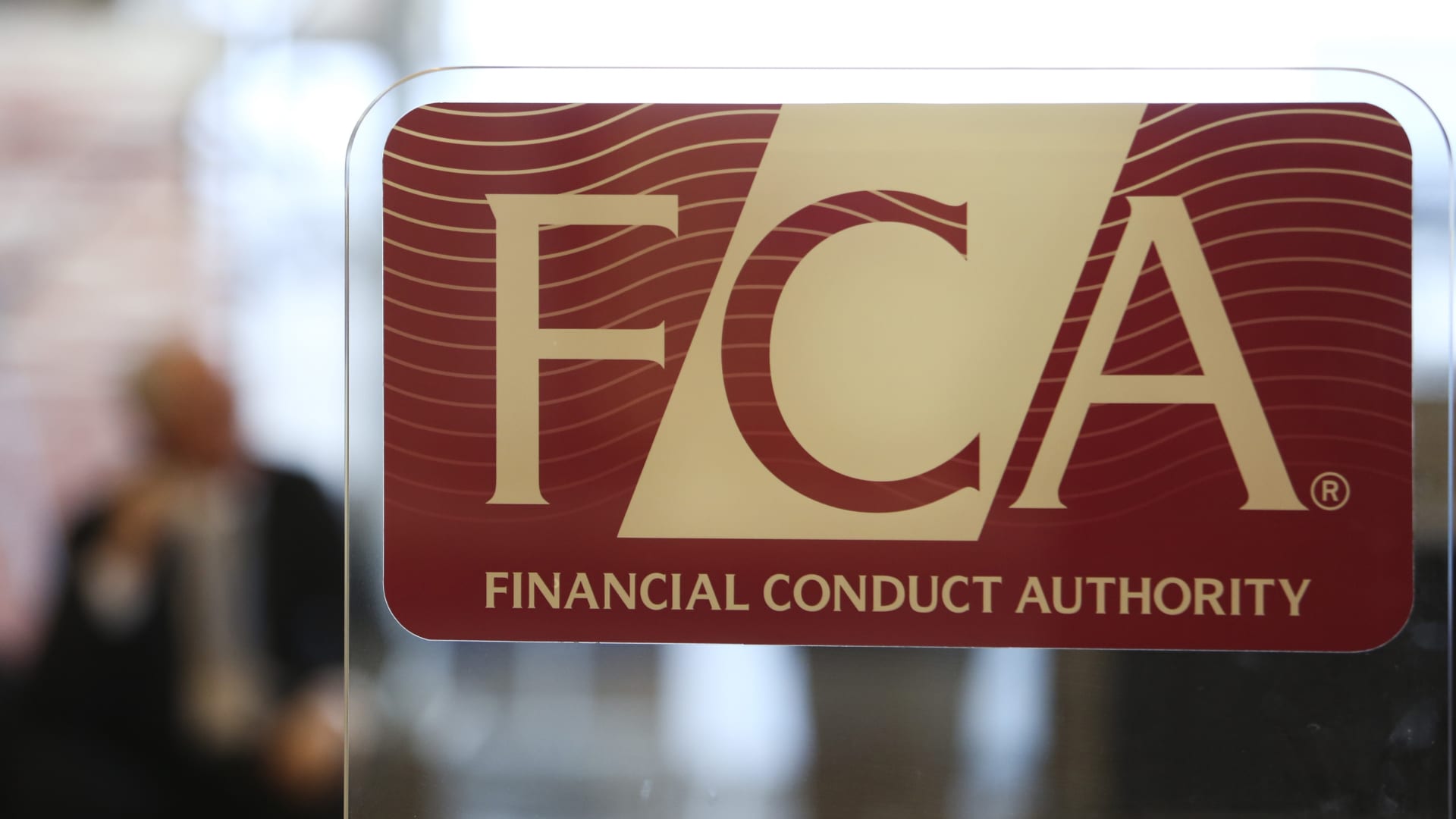FCA Proposes Exemption of Consumer Duty Rules for Crypto Businesses During Regulatory Expansion
FCA Proposes Exemption of Consumer Duty Rules for Crypto Businesses During Regulatory Expansion
By
David Goldfarb
Last updated:
September 18, 2025
First Published:
September 18, 2025

A logo for the Financial Conduct Authority (FCA). | Chris Ratcliffe | Bloomberg | Getty Images
The UK Financial Conduct Authority is making headlines by suggesting that crypto businesses may not have to comply with all the consumer duty rules that apply to traditional finance. This is a significant step in shaping a regulatory approach that recognizes the distinct challenges and opportunities within the crypto sector.
A new kind of regulatory thinking
Consumer duty rules are designed to ensure that financial institutions act in the best interest of clients. While these standards remain essential in traditional banking, applying them wholesale to crypto enterprises has proven complicated. By proposing exemptions, the regulator is acknowledging that a one size fits all approach does not work for digital assets.
Easing the entry barrier
Many crypto firms are startups that lack the resources of established banks. Requiring them to comply with extensive consumer duty rules can become a barrier to entry, limiting innovation and restricting the variety of services available to consumers. The exemption would give these firms the breathing space they need to operate without being strangled by regulation.
Encouraging responsible growth
The move does not mean that consumer protection will be abandoned. Instead, the FCA aims to craft a balance where essential safeguards remain while unnecessary burdens are lifted. This could allow companies to focus more on building sustainable models rather than diverting funds into compliance processes that do not fully align with their business models.
Competitive positioning for the UK
Other global financial centers are actively creating business friendly frameworks for digital assets. By adapting consumer duty expectations, the UK hopes to keep pace with these hubs and avoid losing valuable firms and talent. This strategy reflects an understanding that the crypto economy is a global competition for influence and leadership.
A signal of trust in the industry
Regulators granting exemptions can be seen as a signal that crypto firms are gaining credibility in the eyes of policymakers. It suggests that the regulator trusts these businesses to innovate responsibly and is willing to grant them more flexibility compared to the rigid frameworks imposed on traditional finance.
Consumer perception and confidence
There is still the question of how the public will perceive such exemptions. For crypto to continue gaining mainstream acceptance, consumer trust remains vital. Regulators will need to ensure that any exemptions do not result in consumer harm or weaken protections in critical areas such as transparency, security, and fair treatment.
Preparing for future scalability
This move also anticipates the eventual scaling of crypto firms into larger players. Once these companies reach a certain size and impact, they may be required to comply with stronger consumer rules. For now, however, the regulator seems keen to let them grow before imposing heavy restrictions.
Reactions within the sector
Crypto entrepreneurs and industry leaders have welcomed the proposal with enthusiasm. They see it as a chance to innovate without being overwhelmed by rules that were designed for traditional finance. Many believe that this step will not only stimulate growth but also attract new entrants into the UK market.
A framework in progress
The FCA’s proposal is not yet final, and its effectiveness will depend on the details of its implementation. If the balance is struck correctly, it could pave the way for a vibrant crypto ecosystem in the UK. If mishandled, however, it could invite criticism that consumers are being left exposed. The next stage will reveal whether the regulator can fine tune the framework to achieve both innovation and protection.
Popular articles
Subscribe to unlock premium content
Disney’s Timeless Magic and How the Entertainment Giant Continues to Shape Culture and Innovation

Imran Khan’s Economic Missteps Amid Political Chaos in Pakistan

The Philippines’ Digital Shift How Remittances and BPO Are Fueling Growth

Disney’s Timeless Magic and How the Entertainment Giant Continues to Shape Culture and Innovation

Imran Khan’s Economic Missteps Amid Political Chaos in Pakistan

Disney’s Timeless Magic and How the Entertainment Giant Continues to Shape Culture and Innovation









